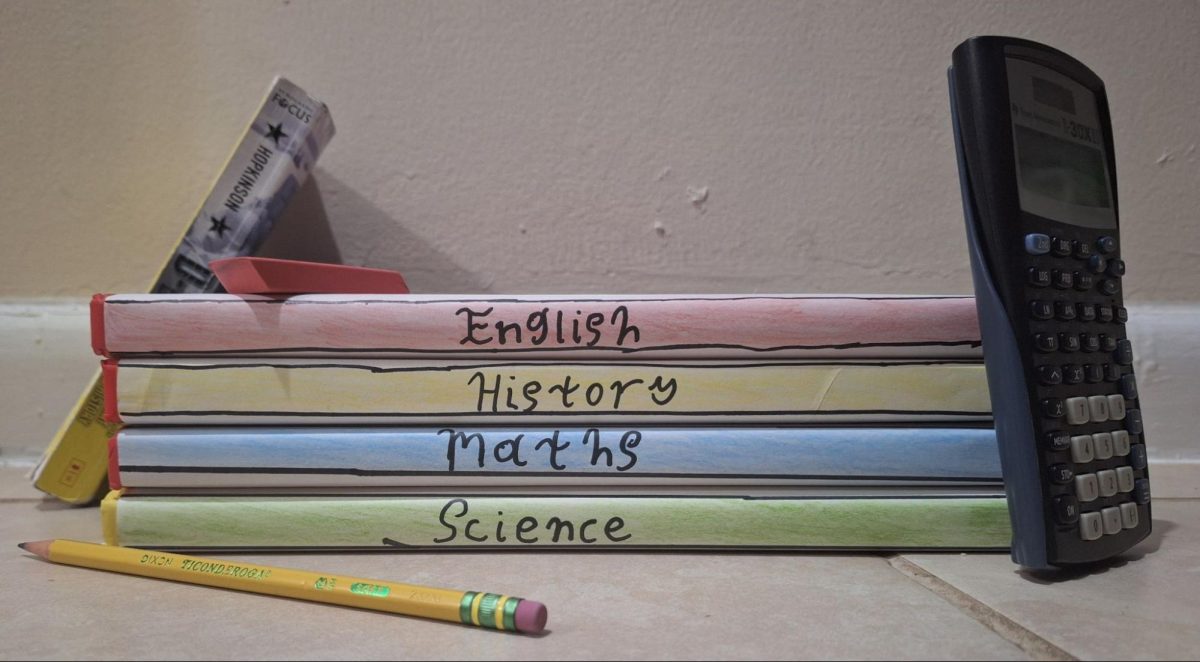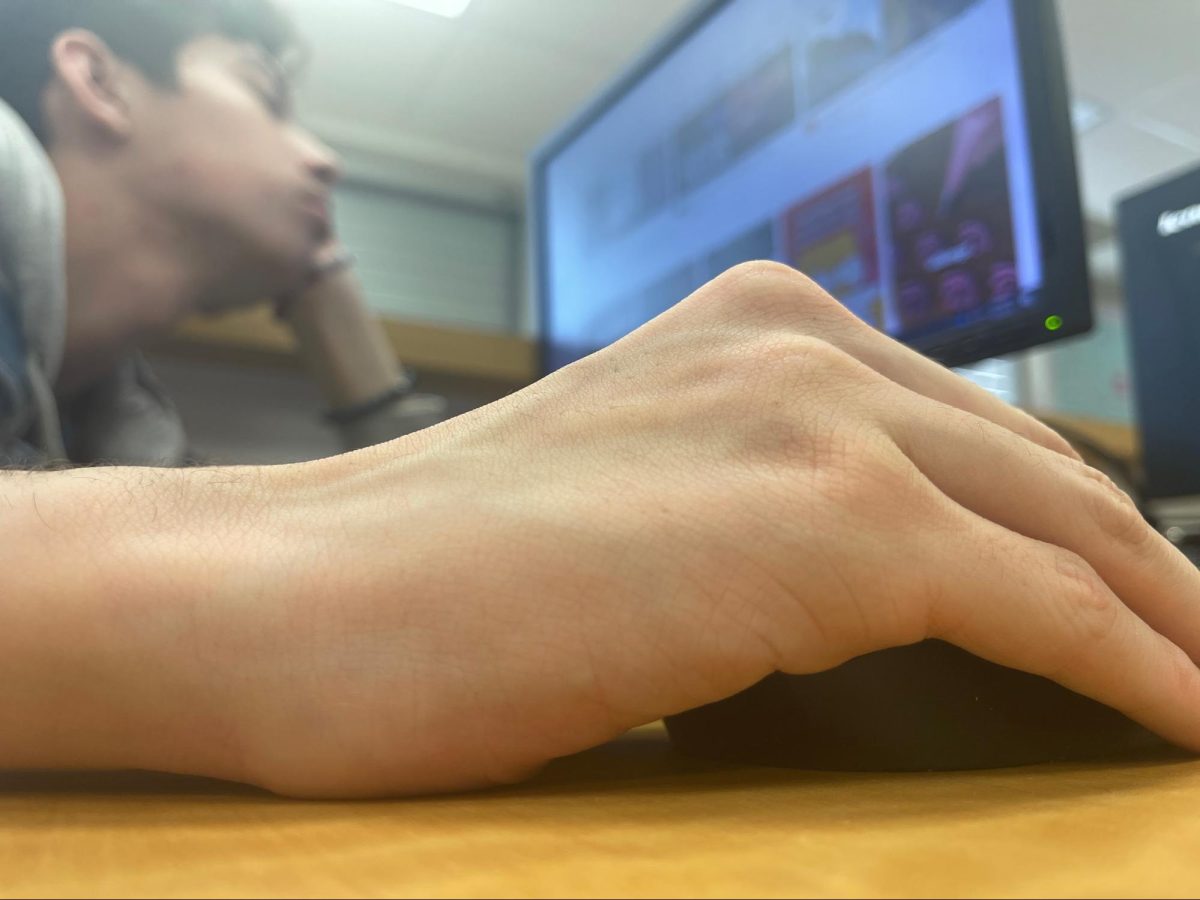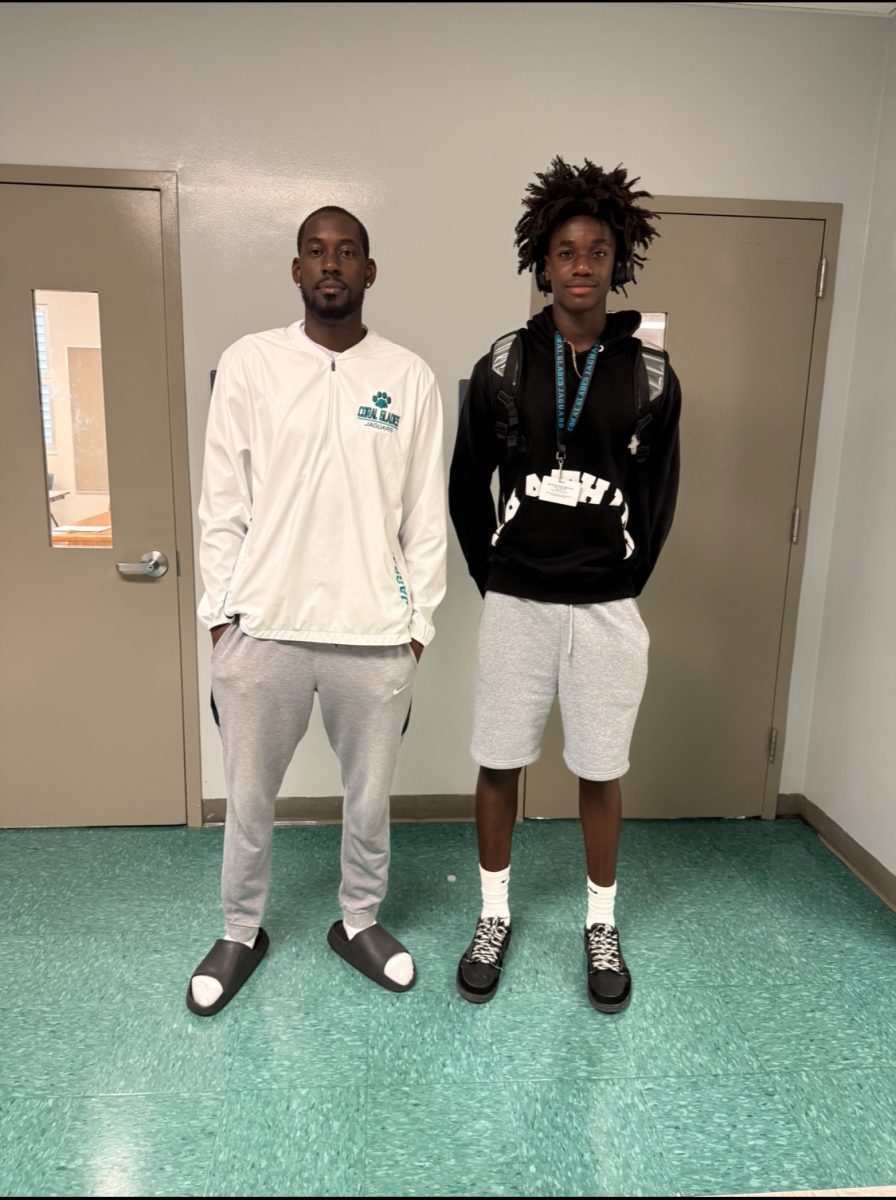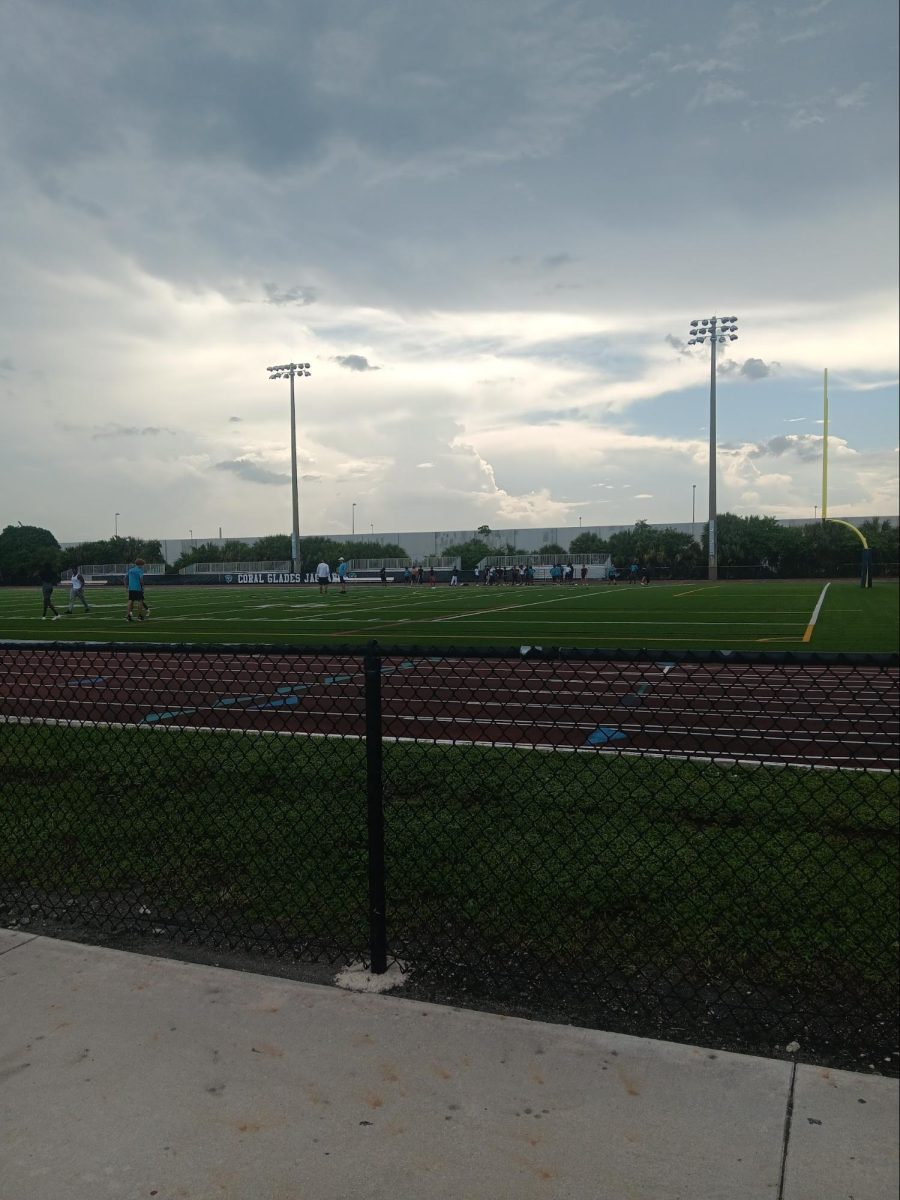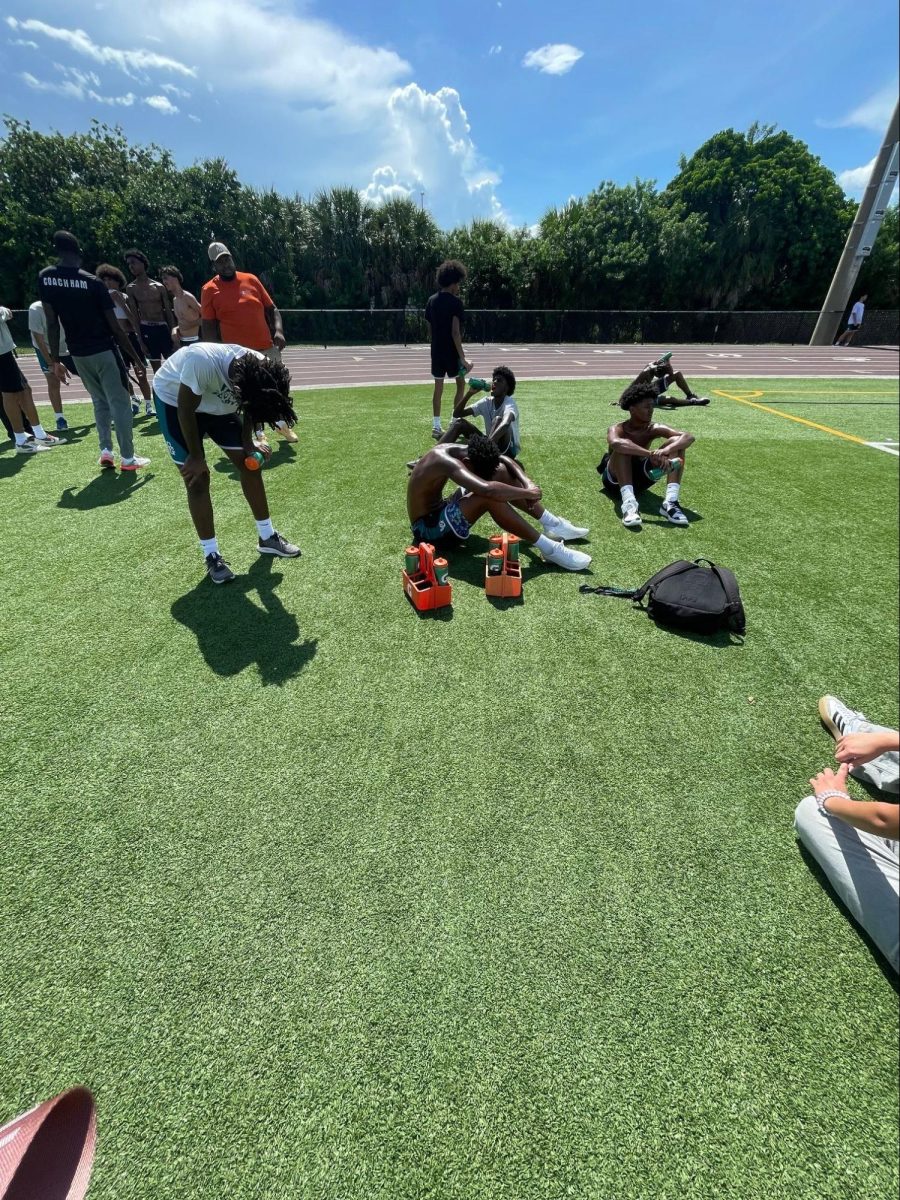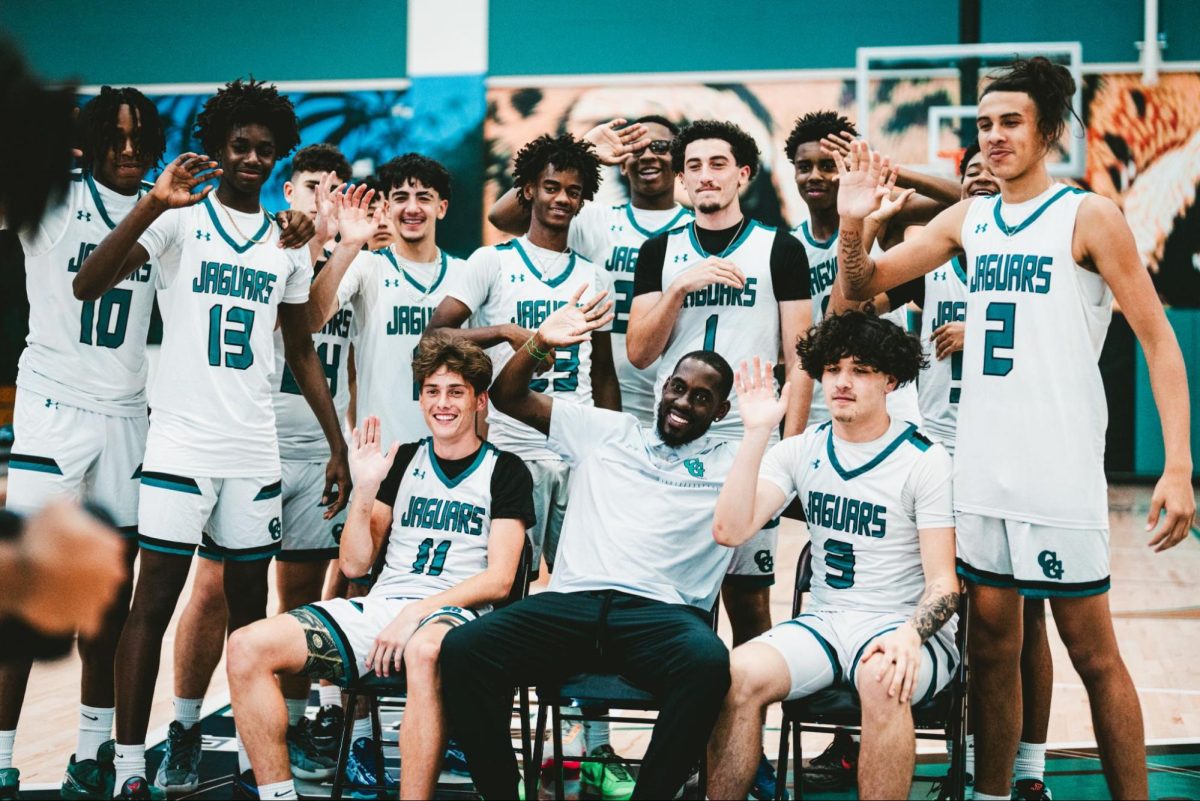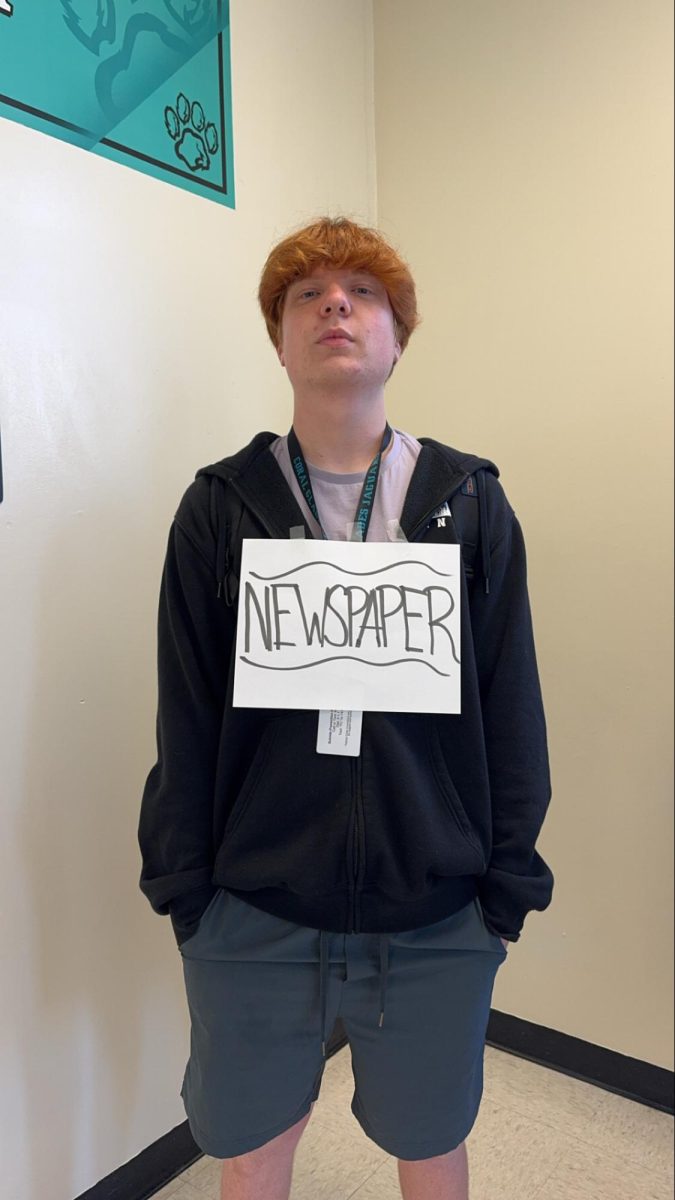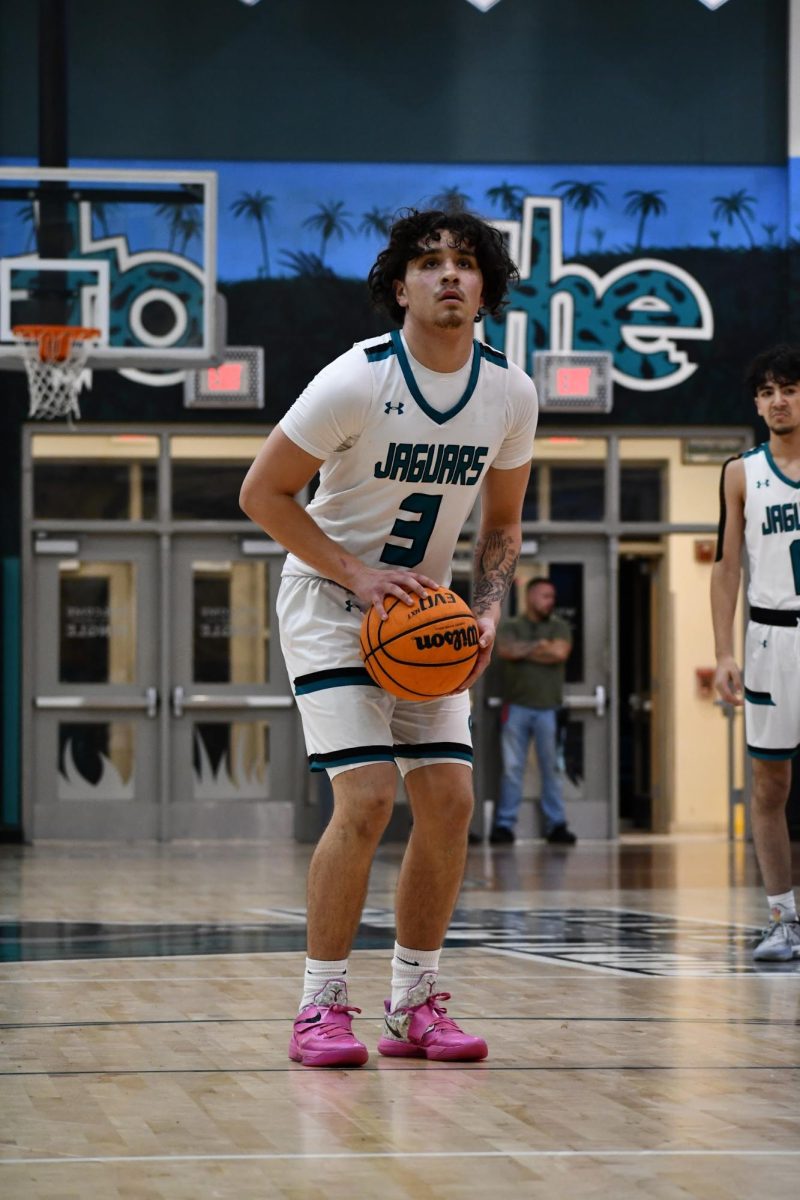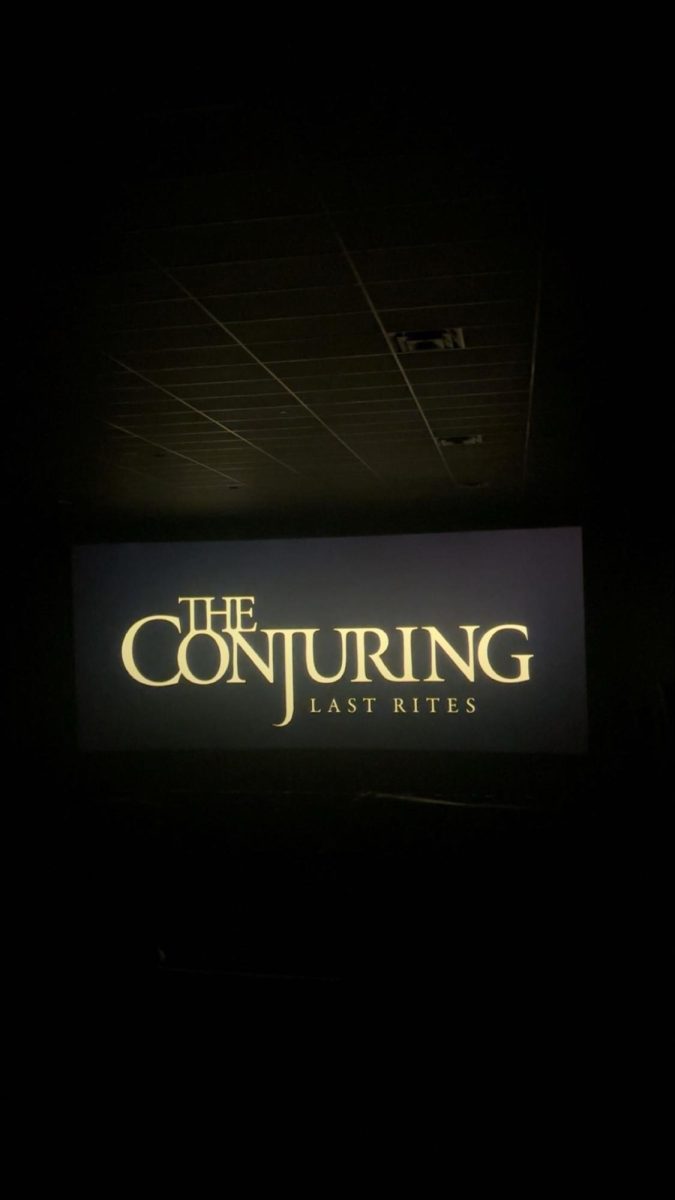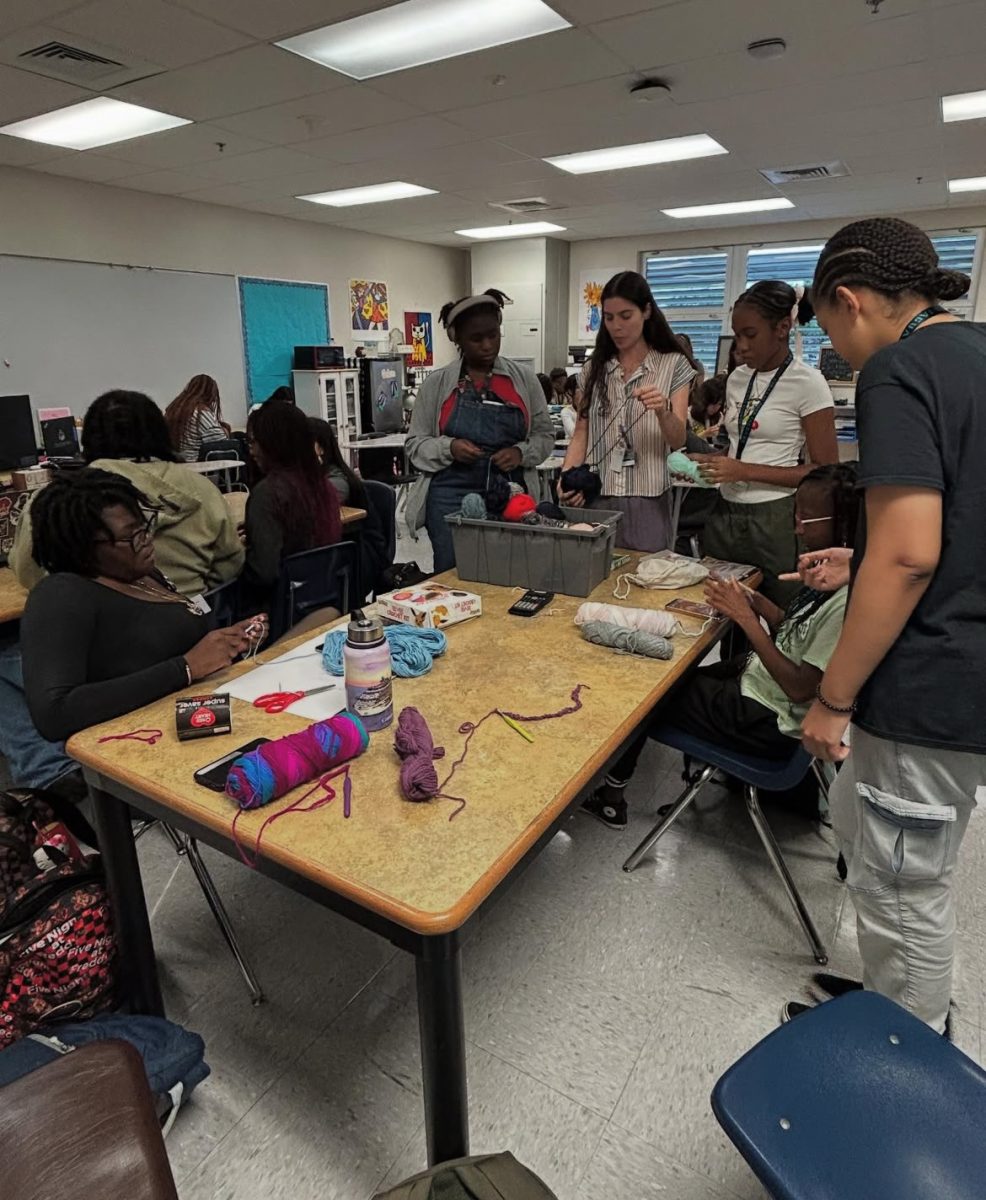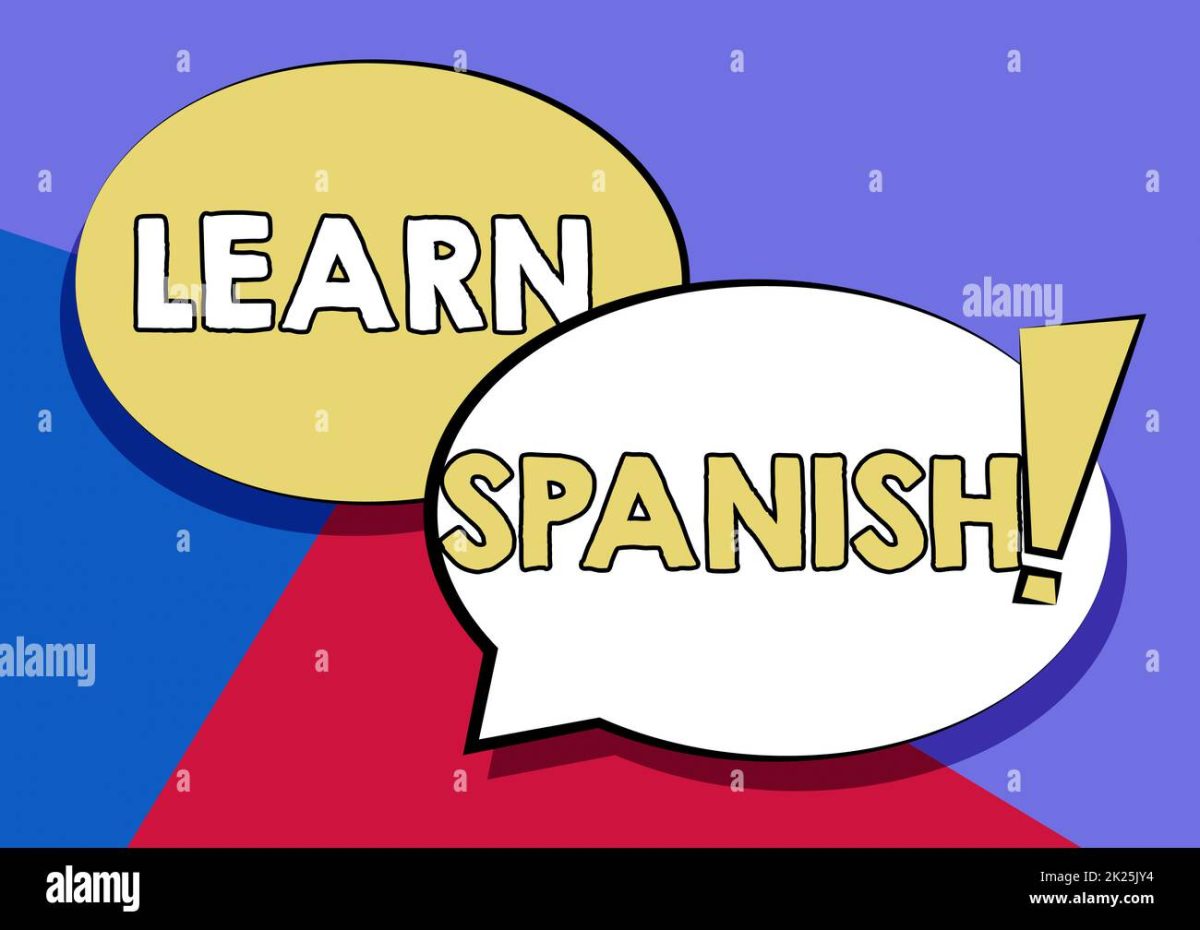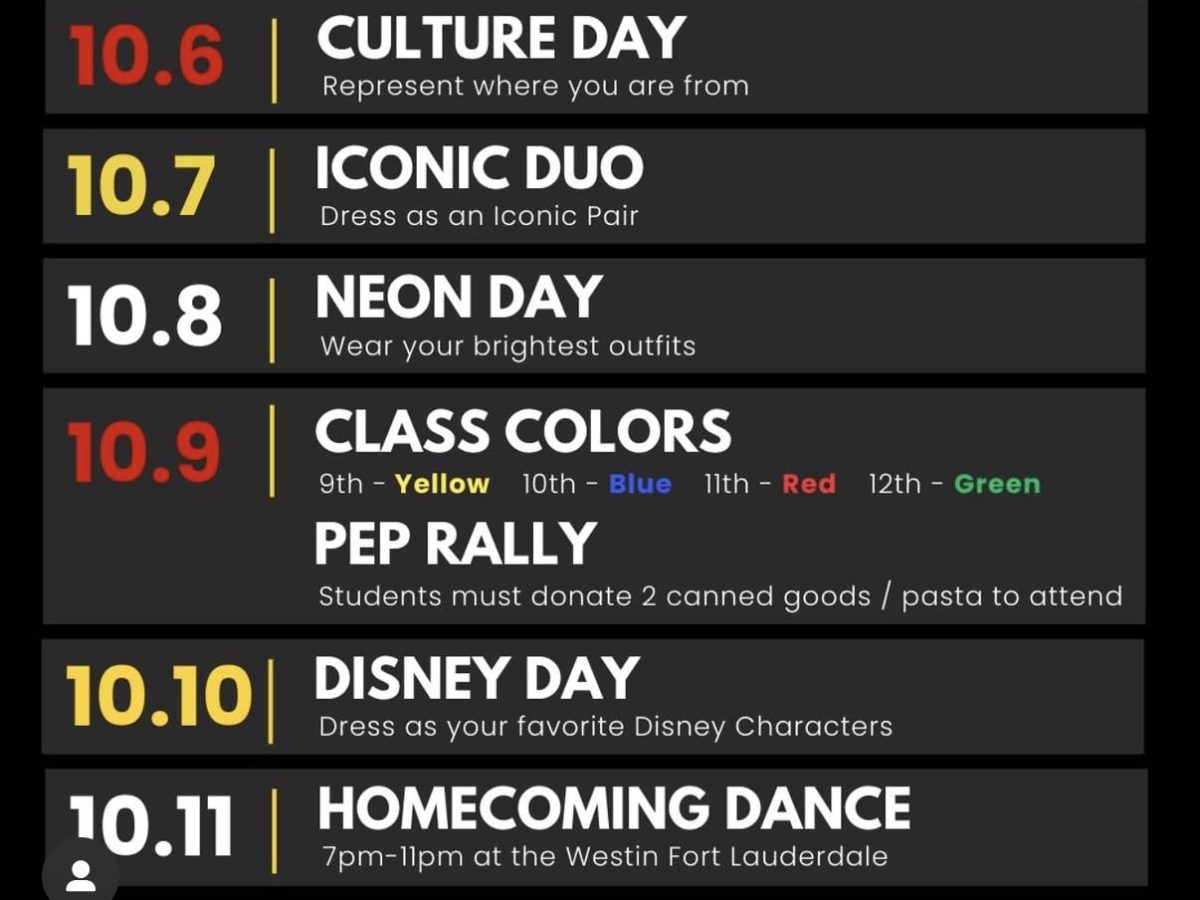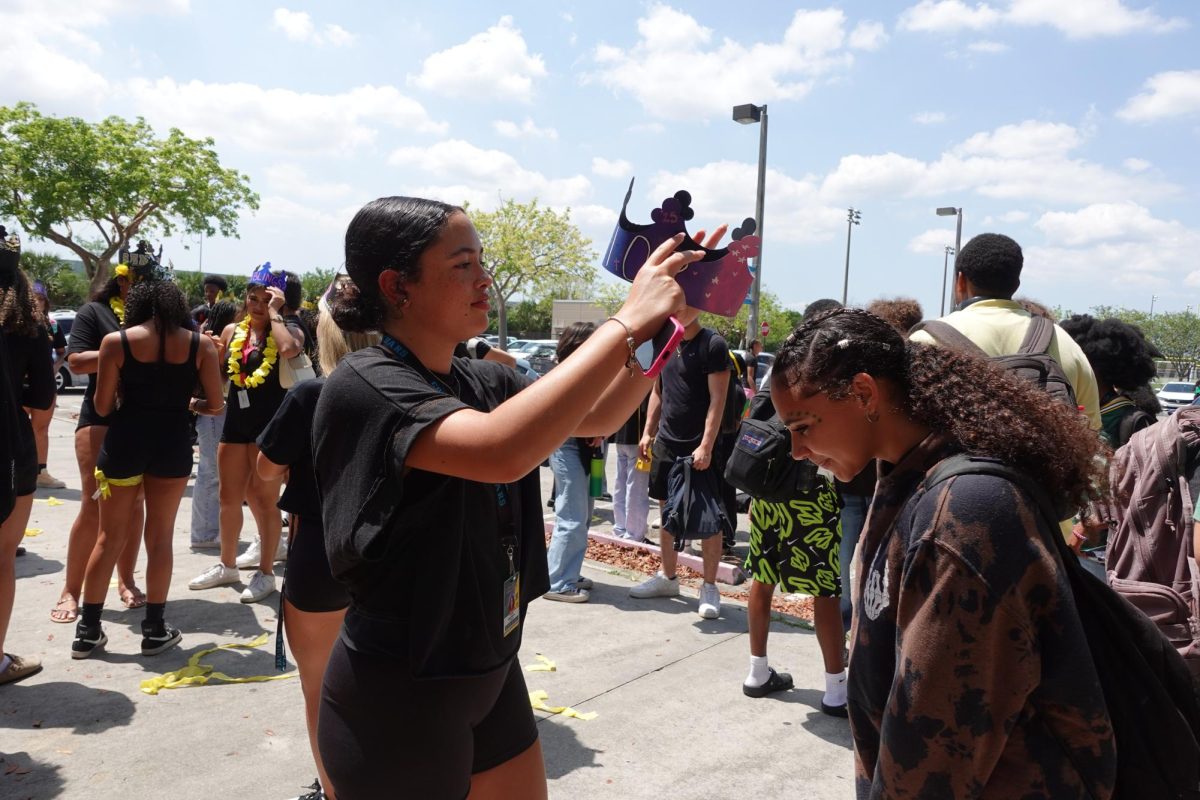It’s around that time of the year again: course scheduling. Each year around the early winter months, CGHS students receive their course cards. The fact that these pink slips determine exactly which classes each student is enrolled in for the following academic term is where most of the pressure comes in. Even after reviewing the list of courses available with their counselors, students often find themselves questioning whether or not they are making optimal selections regarding their own needs.
Before anything, it is important to make sure that all of the basic graduation requirements have been, or will be fulfilled. Selecting core classes is a great way to start. Generally, counselors can give most of their input on these core classes, as one of their main tasks is to ensure that students are on track with subjects like English, math, science, and social studies. Skipping out on core classes could mean having to take credit recovery later on, which may potentially limit other opportunities.
Students should also keep future goals and aspirations in mind when selecting courses, especially those who are considering college. For these students, more rigorous courses like AP, AICE, and dual enrollment classes look great on applications. These classes not only offer college credit, but they also demonstrate a student’s willingness and capacity to dedicate themselves to their studies. Also, these courses are typically linked to a diploma program, which often offers a financial incentive like a scholarship. Students who are leaning towards a vocational path would benefit from selecting classes that provide certifications or show that the student has learned practical skills in taking that course. Some students may even be able to land a well-paying job that offers crucial experience right out of high school with a certification.
“In order to decide which course option is right for you, you need to see what your career path is and determine if those classes will help you in the future, such as taking AP science classes that align with your career path,” says Lauren Saddler, a sophomore at Coral Glades.
While it is definitely beneficial to consider taking challenging courses, it is important for students to know their limits. Overloading these rigorous classes can certainly create unnecessary stress and eventually lead to burnout, which takes a massive toll on academic performance. It’s important for students to remember to pick classes that they show a genuine interest in.
Something else that can aid in this process is talking to other students about any courses you might show interest in. Those who have already taken certain courses may be able to offer valuable insight and help to ultimately determine whether or not that class is the right fit.
Rylee Polich, a sophomore, says, “When attempting to choose courses that are right for you, you need to do background research on the courses to see how they align with your learning styles, and you can also talk to other people who have taken these courses to see if they’d be right for you.”
Overall, it comes down to personal preference and individual needs. Every student has their own limits, so there is no one-size-fits-all approach. It is important to keep this in mind when looking into this matter, as switching courses later on can get complicated.


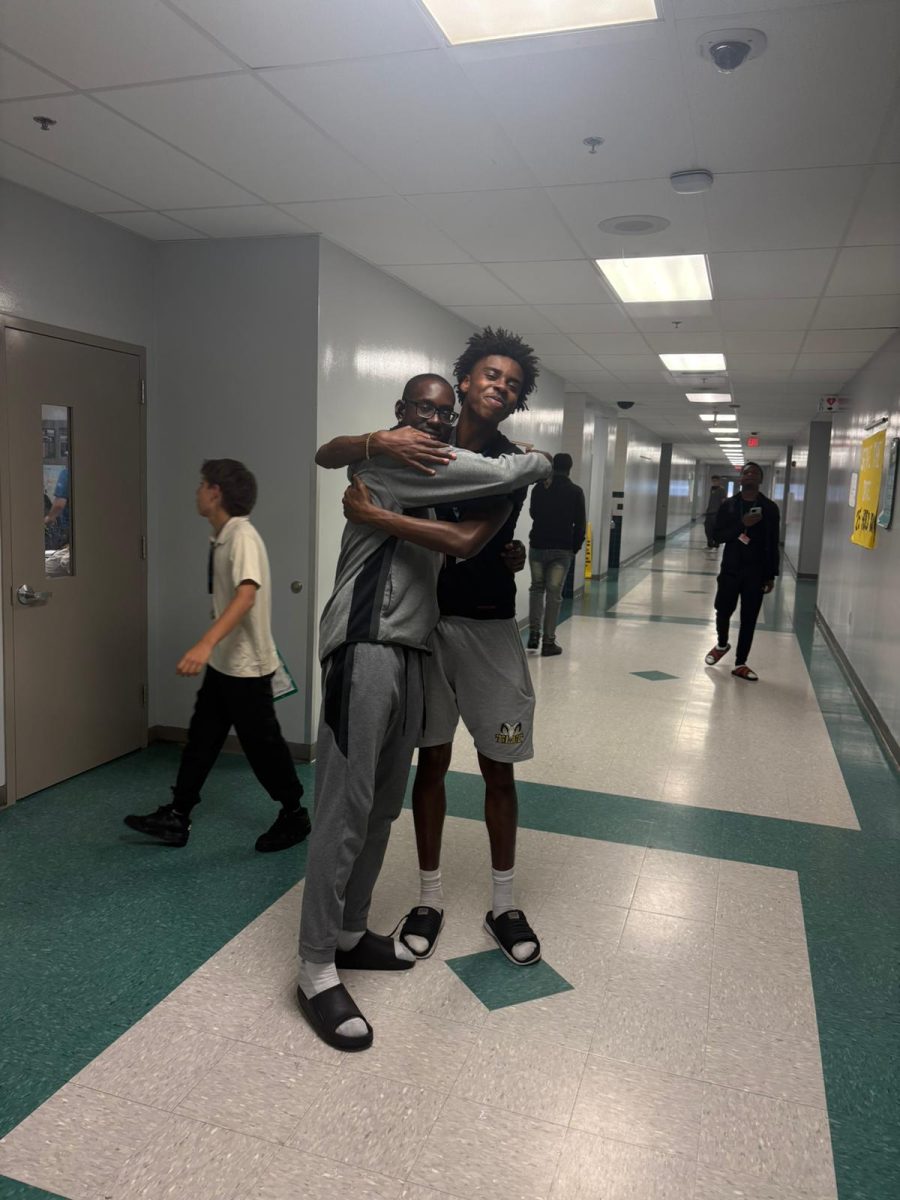


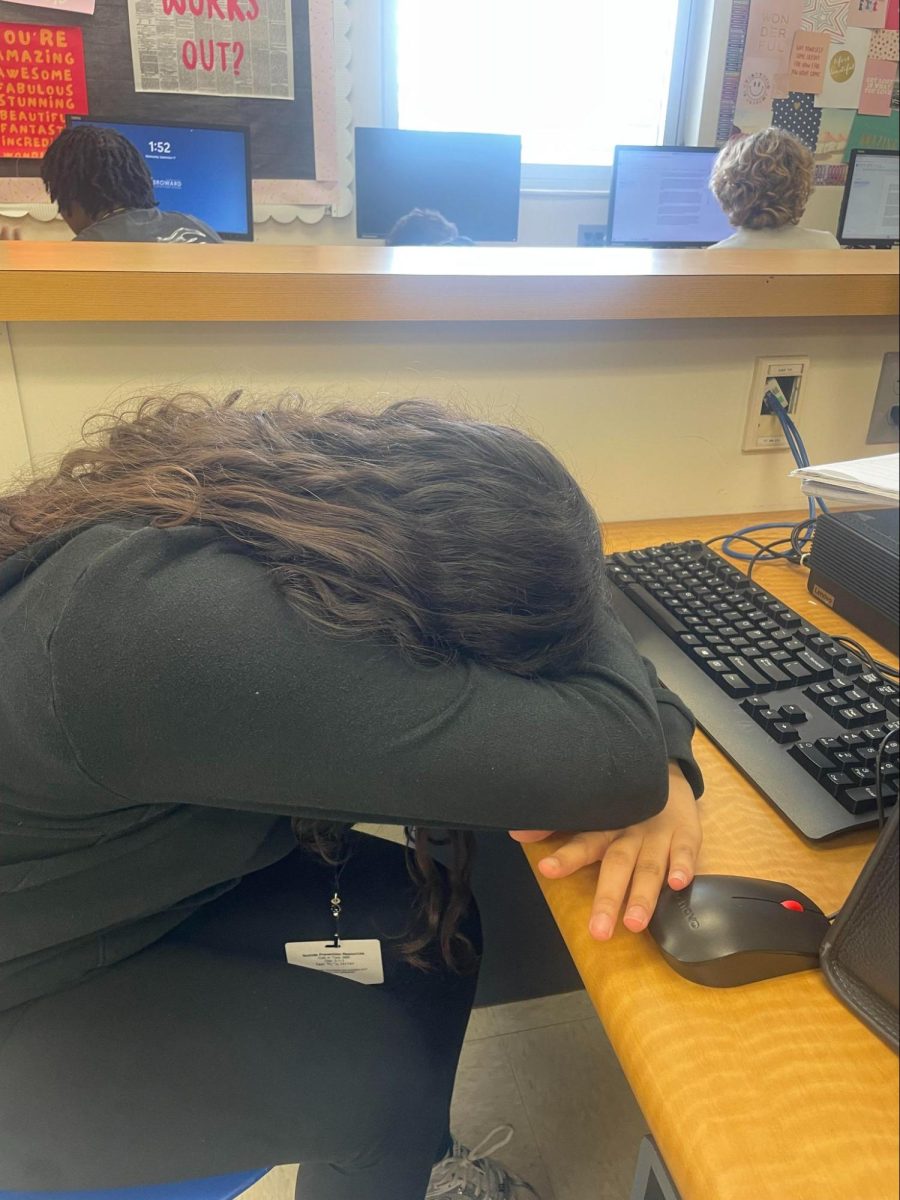


![[Photograph of an Italian sandwich] Photo Creds: https://www.thepioneerwoman.com/food-cooking/recipes/a42398453/italian-sandwich-recipe/](https://cghstheprowl.com/wp-content/uploads/2025/10/image1.png)






